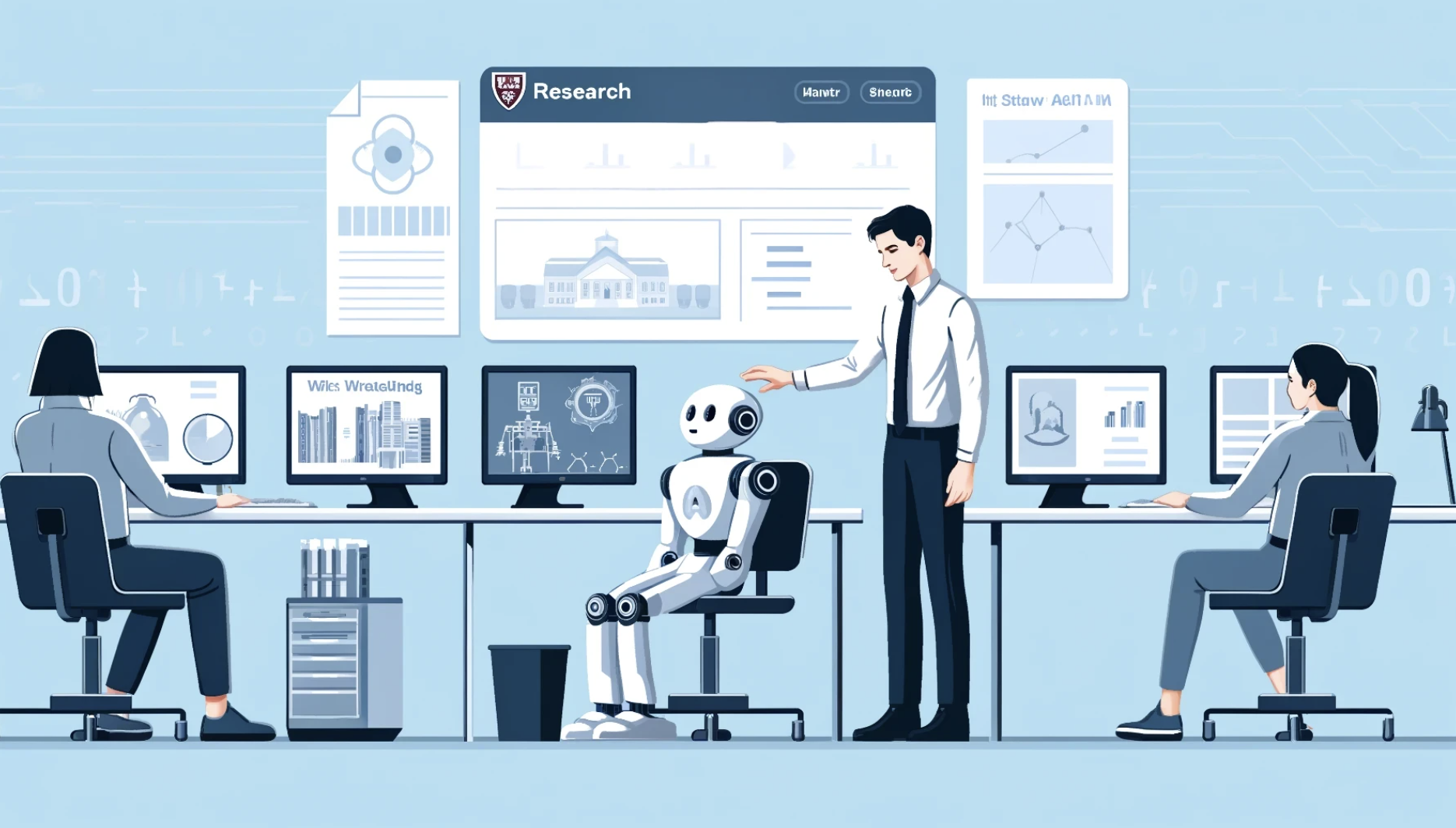As businesses rapidly incorporate artificial intelligence (AI) into their operations, the prevailing belief is that younger, technologically adept employees will spearhead educating their senior managers on effectively harnessing these advanced tools. However, a recent study challenges this notion, especially concerning the use of generative AI technologies.
Study Details and Key Participants
The study was a collaborative effort involving scholars from prestigious institutions such as Harvard Business School, MIT, and Wharton, in partnership with Boston Consulting Group. The research focused on the interactions and experiences of junior employees with generative AI systems, particularly GPT-4, in real-world business scenarios.
Unexpected Findings from Junior Consultants
Contrary to expectations, the study revealed that junior employees, often presumed to be tech-savvy, might not be the best resources for guiding senior professionals in the effective use of emerging technologies like generative AI. The findings showed that the risk mitigation strategies proposed by these junior consultants frequently contradicted expert advice and lacked a deep understanding of AI’s capabilities.
Key Insights from the Study:
- Junior Consultants’ Tactics: The research highlighted that the strategies suggested by junior employees to alleviate seniors’ concerns about AI risks were often misaligned with expert recommendations. These tactics were more about altering human behavior than enhancing the AI system’s design.
- Focus on Short-term Solutions: Many recommendations were project-specific rather than aimed at broader organizational or industry-wide applications, suggesting a narrow scope of understanding.
In-depth Analysis of the Research Findings
1. Limited Technical Expertise The study found that junior consultants typically had minimal technical expertise in AI. Their recommendations were based more on general knowledge and less on a technical understanding of AI systems like GPT-4.
2. Risk Mitigation Approaches Junior employees tended to focus on immediate, surface-level solutions rather than systemic changes or in-depth strategies that could be more beneficial in the long run.
Challenges in Adopting Generative AI in Business
The rapid evolution of generative AI technologies presents significant challenges and opportunities for businesses. These AI systems can perform tasks such as engaging in detailed dialogues, responding to follow-up questions, and assisting in writing, analysis, and coding tasks. However, the study underscores the necessity of comprehensive AI governance and the need for expert input at all organizational levels.
Navigating AI Implementation Challenges:
- Top-down Governance: Effective AI implementation requires informed leadership rather than relying solely on the knowledge of digital natives within the organization.
- Expert Involvement: Incorporating AI experts into strategic planning and implementation processes is crucial to address potential risks and optimize AI usage.
Moving Forward: Recommendations for Effective AI Adoption
The findings advocate for a structured approach to AI adoption in corporate settings:
- Upskilling Programs: Develop extensive training programs to enhance the AI competence of employees across all levels.
- Leadership Roles: Senior professionals should take proactive roles in understanding and integrating new technologies to lead their teams effectively.
- Future-proofing Strategies: Businesses need to anticipate future technological advancements and their potential impacts on industry and internal operations.
Summary in Bullet Points
- Study Collaboration: Involvement of top academic institutions and Boston Consulting Group.
- Key Finding: Junior employees may not be ideal mentors for senior staff in AI adoption.
- Recommendations: Emphasize top-down governance, expert involvement, and comprehensive training.
This extensive study not only highlights a critical gap in the assumed capabilities of junior employees concerning AI but also sets the stage for rethinking how businesses should approach the integration of these powerful technologies into their workflows. Senior leaders are encouraged to take a more active role in understanding and guiding AI initiatives to ensure that their organizations can fully leverage AI’s capabilities responsibly and effectively.







Leave a Reply